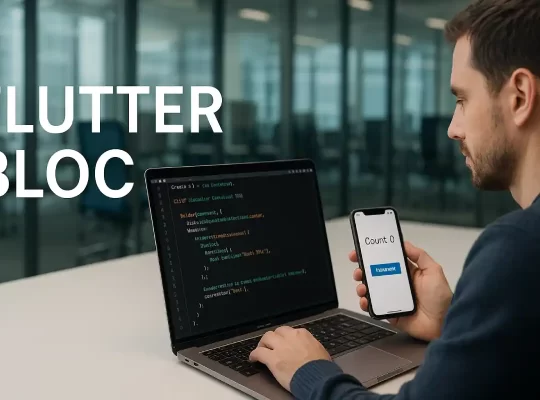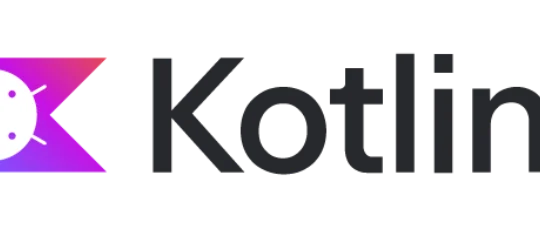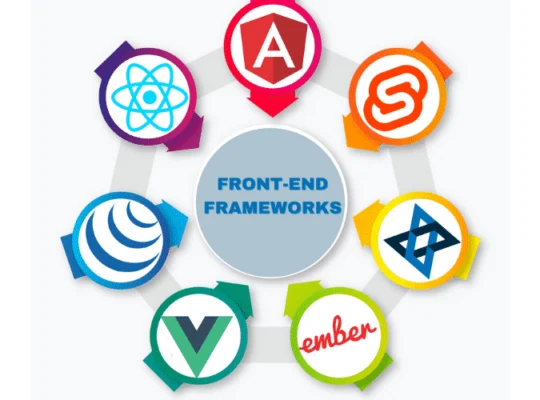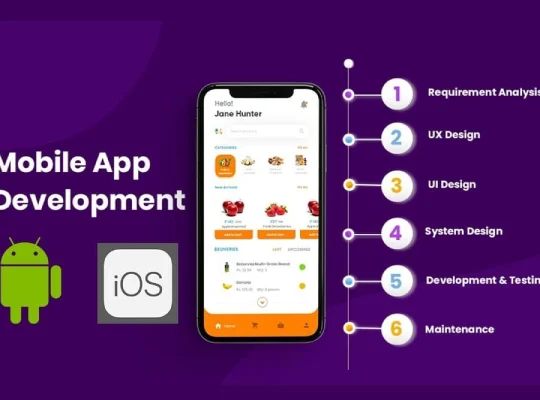Introduction
Java is one of the most popular and widely used programming languages in the world, known for its simplicity, reliability, and platform independence. Whether you’re aiming to become a software developer, backend engineer, or automation tester, Java forms the foundation of many tech roles. If you’re just starting your journey into Java programming and preparing for your very first job interview, understanding the basic concepts of Core Java is essential.
This guide provides you with 25 carefully selected Core Java interview questions and answers, tailored specifically for absolute beginners. Each question is explained in plain English with simple examples, so even those with minimal coding experience can understand and remember them. We’ve covered key topics like classes, objects, inheritance, polymorphism, data types, access modifiers, exceptions, and more.
These questions are commonly asked in interviews for Java internships, entry-level developer roles, and campus placements. By learning these, you’ll build a strong base and gain confidence for your interview. Whether you are a student, a recent graduate, or someone switching careers, this Q&A set will serve as a quick and effective revision tool before your interview.
25 Core Java Interview Questions and Answers
- What is Java?
Java is a high-level, object-oriented programming language developed by Sun Microsystems. It is platform-independent, secure, and widely used for building applications. - What is the difference between JDK, JRE, and JVM?
JDK: Java Development Kit (to write and run code).
JRE: Java Runtime Environment (to run code).
JVM: Java Virtual Machine (executes bytecode). - What is a class in Java?
A class is a blueprint to create objects. It defines properties (variables) and methods (functions). - What is an object?
An object is an instance of a class. It represents a real-world entity with state and behavior. - What is the main() method?
It’s the entry point of any Java program:public static void main(String[] args) - What are Java data types?
Primitive: int, float, char, boolean.
Non-primitive: String, arrays, classes. - What is a variable?
A variable is a container that stores data. Example:int age = 25; - What is a method?
A method is a block of code that performs a task. Example:void greet() { System.out.println("Hello"); } - Difference between == and .equals()
==compares object references,.equals()compares values. - What is a constructor?
A constructor is used to initialize objects. It has the same name as the class. - What is inheritance?
Inheritance allows one class to inherit the fields and methods of another class usingextends. - What is polymorphism?
Polymorphism means having many forms. A method can perform differently based on input. - What is method overloading?
Defining multiple methods with the same name but different parameters. - What is method overriding?
Rewriting a parent class method in a child class. - What is abstraction?
Abstraction hides complex details and shows only essential features to the user. - What is encapsulation?
Encapsulation binds data and methods into a single unit and restricts access using private fields. - What is an interface?
An interface contains method declarations only. Classes useimplementsto define them. - Difference between interface and abstract class?
Interface: All methods are abstract.
Abstract class: Can have abstract and non-abstract methods. - What are access modifiers?
They define the visibility of classes, methods, and variables. Example: public, private, protected, default. - What is static in Java?
Static means the method/variable belongs to the class, not instances. - What is the final keyword?
Final makes a variable constant, method non-overridable, and class non-inheritable. - What is a package?
A package is a group of related classes. Example:java.util - What is an exception?
An exception is an error that occurs during program execution, like divide-by-zero. - What is try-catch block?
Used to handle exceptions and prevent program crash.
try { int a = 10/0; } catch(Exception e) { } - Difference between compile-time and run-time errors?
Compile-time: Errors during writing code (syntax).
Run-time: Errors while program is running (exceptions).
Summary
This article presents 25 beginner-level Core Java interview questions and answers, ideal for freshers and those new to programming. It covers essential Java concepts such as classes, objects, inheritance, data types, methods, constructors, exceptions, and access modifiers using simple language and examples. The content is designed to help absolute beginners grasp the core fundamentals of Java and face interviews with confidence. Whether you’re preparing for a college placement or your first software job, this guide offers a quick and clear overview of what you need to know to succeed in Java interviews.





